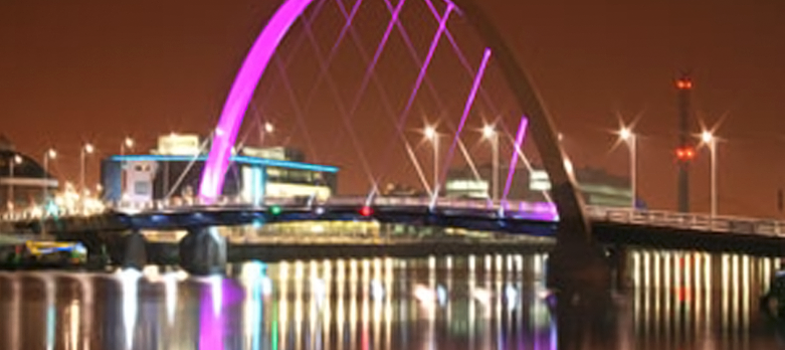Learning from experience
We all experience ups and downs in life: good points and bad points. Whatever our experience, we are learning as we go. Learning is not something that stops when we leave childhood behind. Learning is lifelong. Some learning is about ourselves: the type of person we are and our strengths and qualities. Other learning is about skills, qualifications, understanding ideas and concepts, or the society we live in. For example, Mo and Ying learned about the process of adapting to life in a new country.
We’d now like you to move from plotting what happened, when, to thinking about what you’ve learned from these different roles and experiences, and how you’ve developed as a person over time.
But first, think again about Mo and Ying. They have both had their share of ups and downs. What did they learn from these experiences?
Example 1: Mo's timeline with learning points
Look at Mo’s timeline again but with some key learning points added.
Now listen to what Mo says about what he has learned from experience.
Transcript
When I was in Iran, I wasn’t the person who had the right to make a decision, so I needed to see what society gave me, offered me in terms of education and in terms of jobs. But I think here it is different. I decided to do computing. College was really supportive, especially my lecturers.
For a time I was working with two or three friends in an organisation as a volunteer, so I was trying to help myself to change, to learn new things, new schemes. It was a good experience. It was helping me, I tried to learn new ways of working. I think I was the kind of person who tried to adapt myself to new situations. Some of my friends are jobseekers, some of them are looking for courses at colleges, but I can say that maybe I was lucky or maybe I wanted it so I did it. I worked hard.
I would say for my education, finding a job, Bridges has been supportive. I can say every time I had problems and I needed some advice I just picked up the phone and asked Bridges. The best point was entering into university, proving to myself I could do it, when there were lots of barriers. With the other guys it’s different but English is my second language, so I have to memorise everything twice. Life as a student is really different to life as an asylum seeker or refugee.
There were lots of problems in Glasgow. Mostly the difficulties were in my first year living in Scotland. It’s better now, I can understand Scotland, Glasgow. I have been in Glasgow, I think, almost four, five years. There are some different things, but I learned I can do it. If I want to I can.
Mo talks here about what he has learned from the different roles, environments and situations he has been in. His timeline shows a lot of ‘ups’, indicating that he has been able to take something from each situation and move on.
Here are some key words from Mo’s comments:
- adapting, change, decision
- studying, working, proving
- barriers, support, advice.
By reflecting on his past experience, Mo learned that he is hard-working and adaptable, and that he is capable of learning new things and coping with difficult situations. He has learned that change takes time – especially when you find yourself in a new country or society – but he has the skills, determination and resilience to achieve his goals. He has also found that although there are difficulties, other people can help. He hopes to complete his studies soon and to continue with his new career in electronic and digital engineering.
Reflection
Take a moment to think about the following questions:
- Was some of Mo’s learning unexpected?
- Did Mo learn from bad experiences as well as good ones?
- Did Mo learn things that will be useful for his future?
- Is there a pattern or a recurring theme?
Example 2: Ying’s timeline with learning points
Look again at Ying’s timeline, which also has learning points added.
Listen to what Ying says about what she has learned from experience.
Transcript
I can continue my study. I can change my life. Before I spoke English, I couldn’t do anything. I couldn’t change my life. But now I’ve changed. In my heart I’m feeling a different person. I’m working at the moment. This job is quite good and my boss gives me quite a lot of training. Before, I thought it’s challenging. I came from China. I worked here, I studied to get a job, I have kids. Now I think, I can try that, I can do it.
Through reflecting on her experiences, Ying has used her skills and her personal qualities – e.g. ‘hard working’, ‘motivated’, ‘self-aware’ – to work towards the goals that she identified for herself.
Here are some key comments from Ying’s story:
- didn’t want to work in a factory
- wanted more out of life
- English language skills
- educational qualifications
- study time consuming but worthwhile.
She now has:
- grown in confidence
- skills in English language and business, and used these to move into a better job that she enjoys
- a better quality of life for herself and her family.
Can you identify what you have learned from looking at your own past experience?
My timeline


